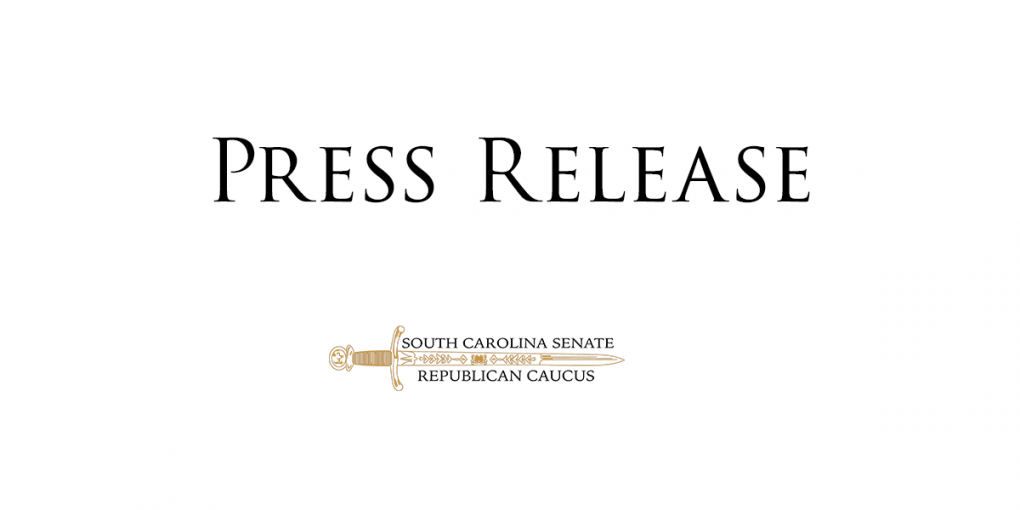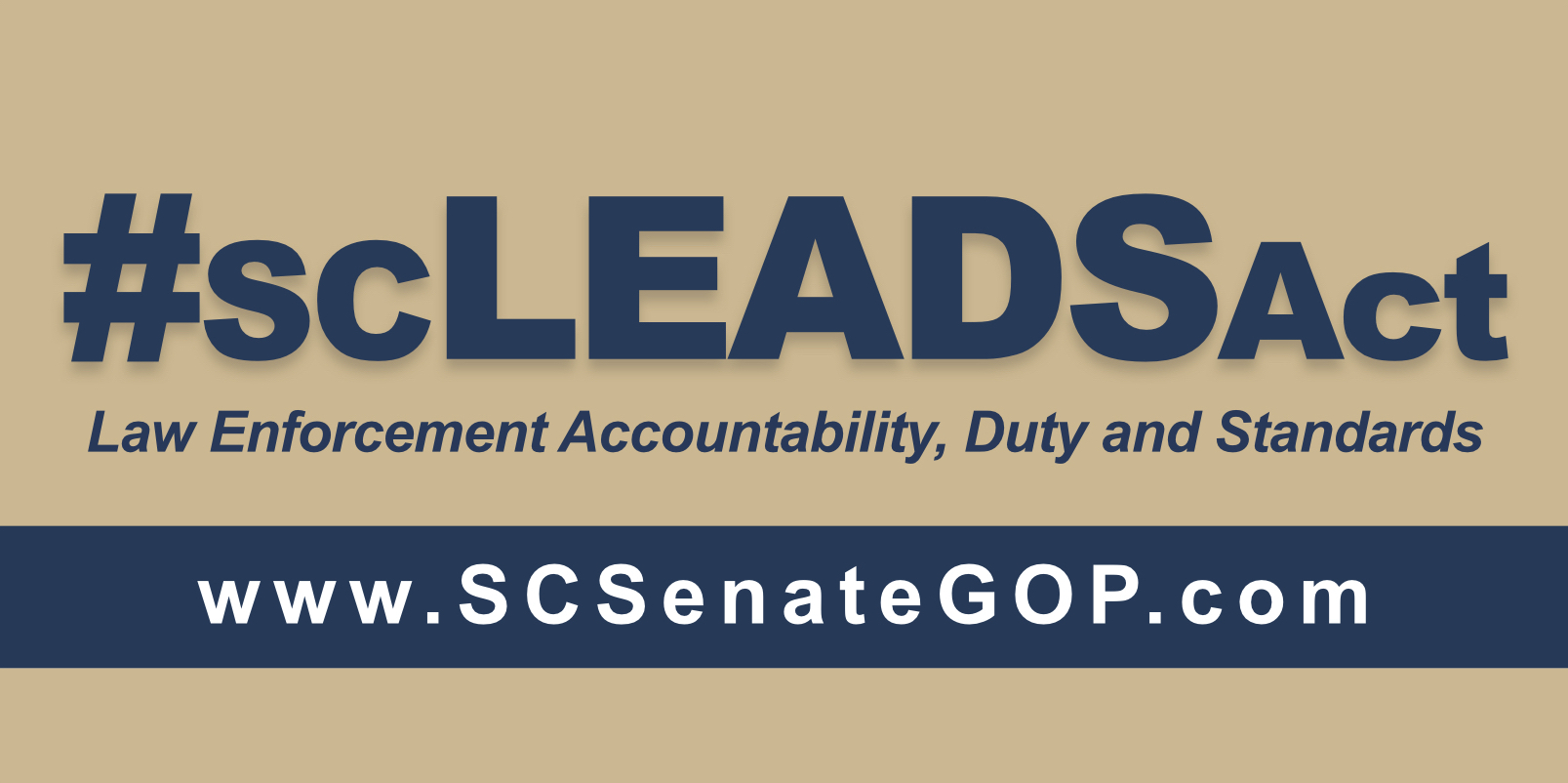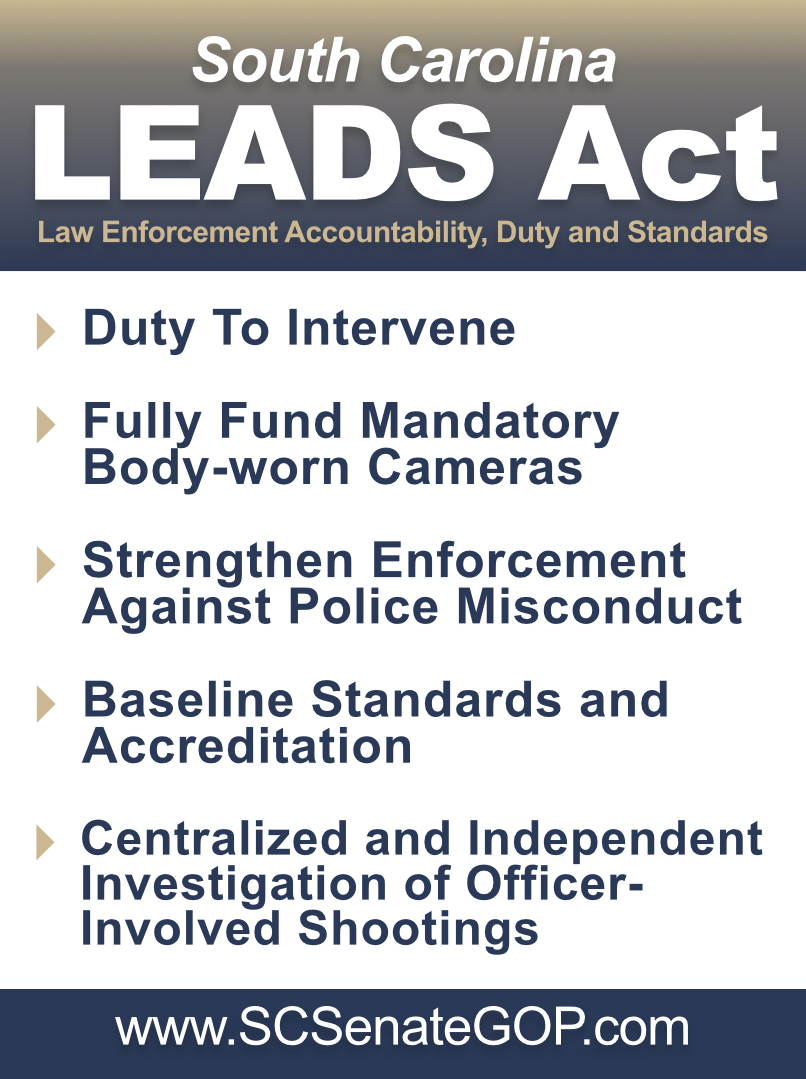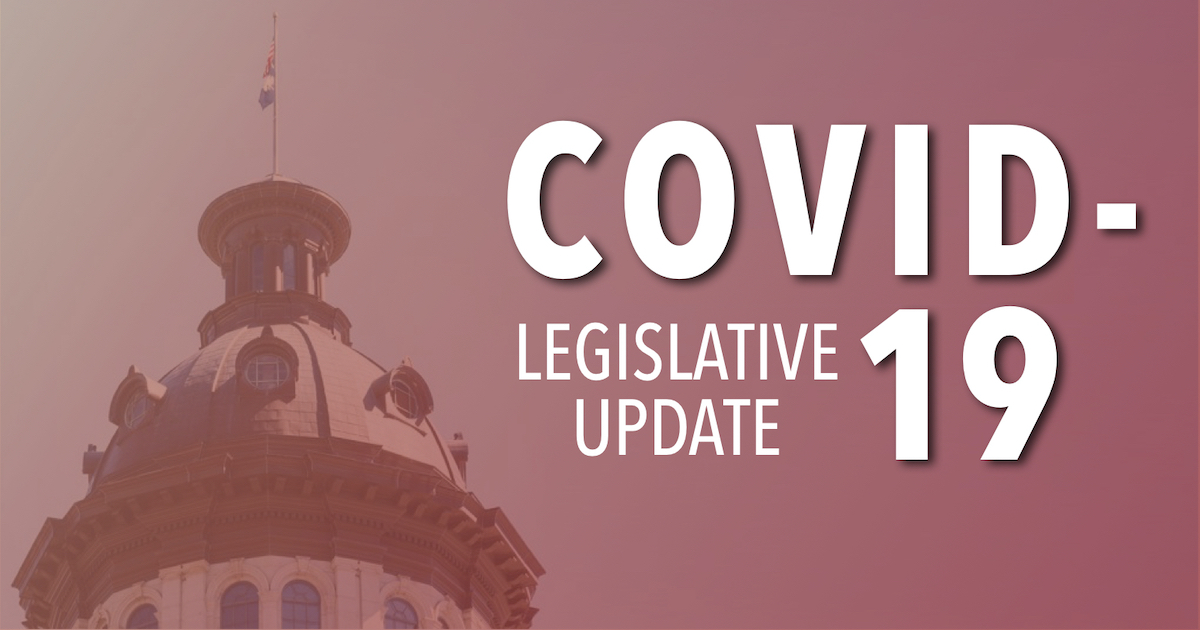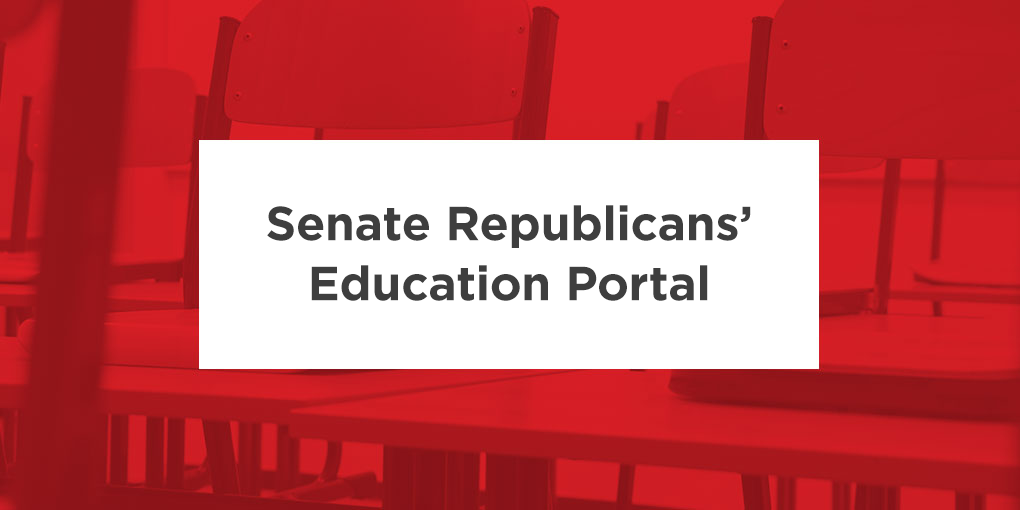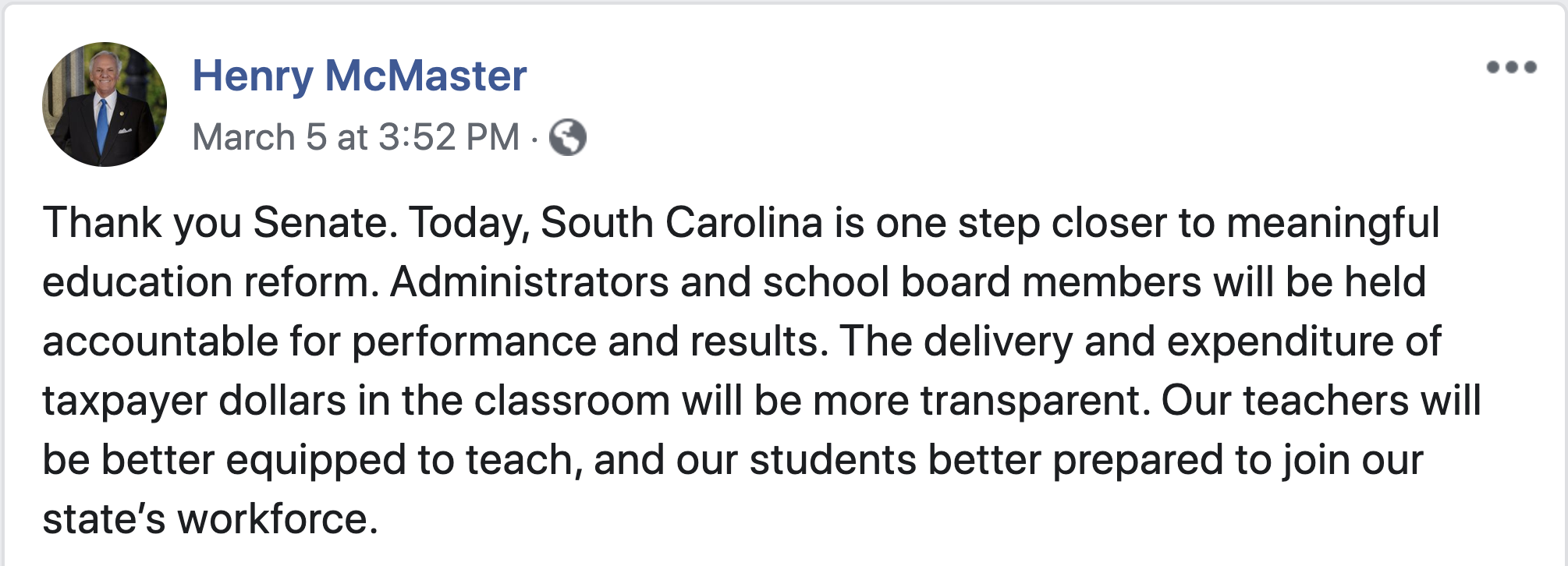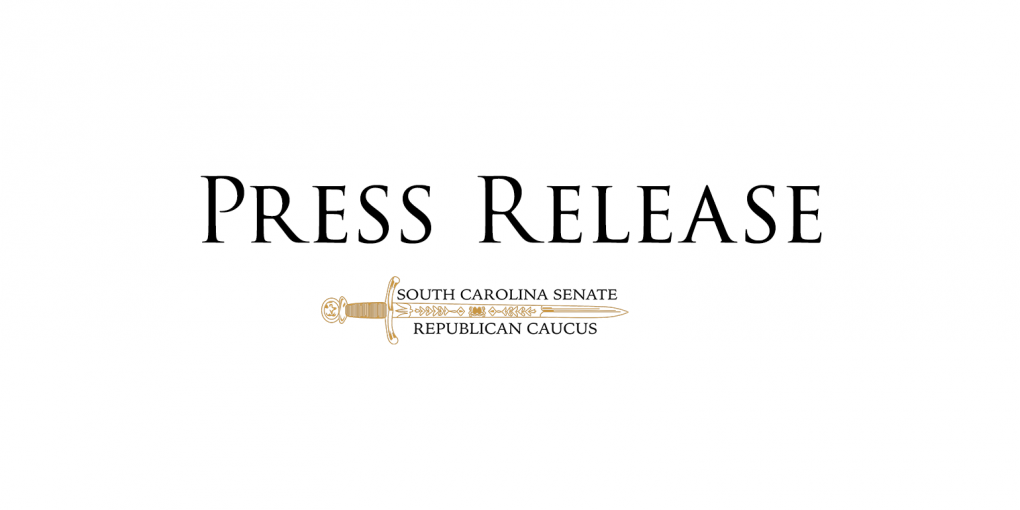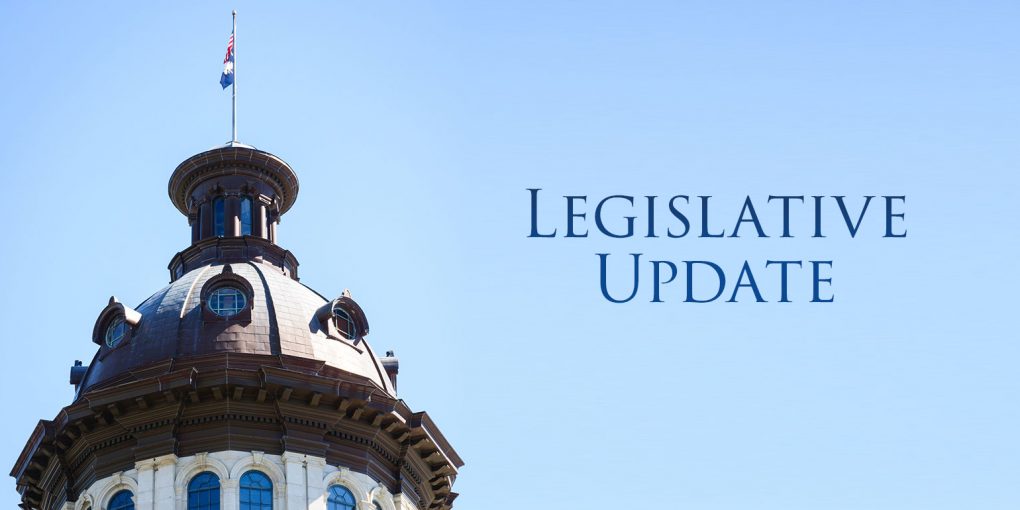FOR IMMEDIATE RELEASE: JANUARY 28, 2021
Legislation Clears Senate, Now Moves To The House of Representatives
COLUMBIA, S.C. — Today the South Carolina Senate passed Senate Bill 1, known as the South Carolina Fetal Heartbeat and Protection From Abortion Act. The legislation passed the Senate by a 30-13 vote and will be referred to the House of Representatives for consideration.
The Heartbeat Bill is one of the most significant pieces of pro-life legislation to pass the Senate. If signed into law, it would ban abortions in South Carolina at the time in which a heartbeat is detectable, effectively bringing legal abortions down from twenty (20) weeks to just six to eight (6-8) weeks. The bill as passed includes exceptions for pregnancies as the result of rape, incest, or a medical emergency to protect the life of the mother. An allegation of rape or incest must be reported to the sheriff in the county in which the abortion was performed, no later than twenty-four hours after performing or inducing an abortion.
Quotables:
Senate Majority Leader Shane Massey says, “Passing this bill has been a priority since day one. South Carolina sent thirty Republicans to the State Senate for a reason and this is one of the bills we hear of most often. Passage of the Heartbeat Bill will save thousands of innocent pre-born lives in our state, and strikes an appropriate balance that we feel will stand up to Court scrutiny. It has taken a lot of hard work and coordinated teamwork to get this bill across the finish line, and I’m pleased to see the bill pass with an overwhelming vote and now move to the House for a vote.”
Bill sponsor Senator Larry Grooms says, “Life is the most precious right we have. Government’s primary duty is to protect the fundamental right to life. Without life, no other rights really matter. We know that a heartbeat is the most universal and most recognizable sign of life. There is no denying the fact that when you end a heartbeat, you end a life. The Heartbeat Bill respects this fundamental right and I’m pleased to see it pass the Senate today.”
Medical Affairs Committee Chairman Senator Danny Verdin says, “Life won in the South Carolina Senate today. The rights of the unborn deserve protection under the law. No symbol of life is stronger than a beating heart, and the Heartbeat Bill ensures that when a baby’s heart is beating, the government will not sanction that life to be taken. The Medical Affairs Committee took hundreds of hours of testimony on the matter and heard from hundreds of constituents from all across South Carolina. The members of the Senate Medical Affairs Committee have worked diligently and respectfully to those testifying and colleagues of the committee throughout this process.”
###
We want to hear from you! SHARE your comments and questions using the form below.

